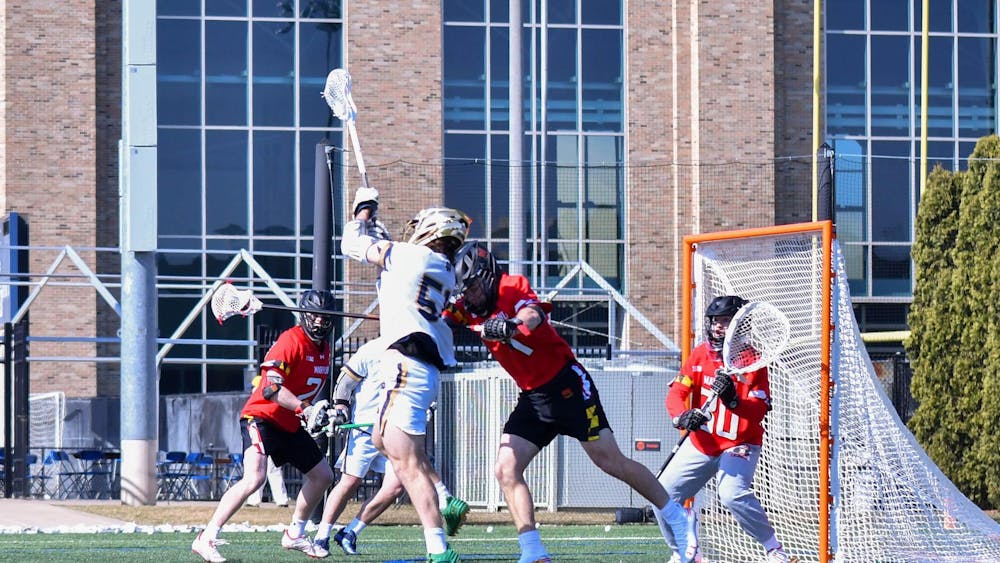After the National Football League owners met in March, one thing is abundantly clear: there will be an NFL franchise in Los Angeles and soon.
While it has been no secret the NFL wants a team in America’s second largest city, it is shocking that goal may be realized as early as the 2016 season with the St. Louis Rams, the San Diego Chargers and the Oakland Raiders all vying for a spot in the supposed golden market.
Notice how I said “supposed?” That’s because in their rush to tap into what looks like a great market, the NFL and the three franchised mentioned above have overlooked the fact that Los Angeles is in fact, not a great market for an NFL team.
What is seductive about Los Angeles is its size. It is America’s second largest city with more than 16 million people and more people equals more fans, right? Not necessarily.
According to Forbes, the 10 best fan bases (based on stadium attendance, television ratings, social media reach and merchandise purchases) are Dallas, Green Bay, Pittsburgh, New England, Indianapolis, New Orleans, Denver, Chicago, Baltimore and Philadelphia. Based on this list, the most important thing a successful NFL city needs is a blue-collar population that is not hispanic. Hispanics generally prefer soccer to other American sports, and thus, a city with a large hispanic population will be less likely to care about an NFL team, and this is bad news for Los Angeles.
Of the cities Forbes listed as the best fan bases, the average hispanic population is 15 percent of the total population according to U.S. Census data. Los Angeles’ hispanic population is 48 percent of its total population, 33 points above the average for the top-10 successful cities.
If you are looking for a counter-argument (which I invite you to do), you may cite the fact there are some successful outliers among the list from Forbes. Dallas has a 42 percent hispanic population and Chicago is 30 percent hispanic. If the most successful fan base in America is 42 percent hispanic, surely Los Angeles can succeed too right?
Unfortunately for Los Angeles, Dallas and Chicago have other advantages offsetting their large hispanic populations. Dallas lies in the heart of Texas, a state famous for its football culture and Chicago, a city ensconced in football tradition, has a had a team since 1920.
Los Angeles has neither the football culture nor tradition of Chicago or Dallas, and its largely hispanic blue-collar population will not be able to support an NFL franchise.
One may also observe that the Forbes list includes many successful teams, and in that case, does a successful fan base merely reflect a good team? It is true most of the teams on the list are successful year in and year out and, yes, fans are more likely to buy tickets and merchandise if the team is good, but what does that mean for Los Angeles?
Again unfortunately, not much. Of the three teams fighting for Los Angeles (the Rams, Chargers and Raiders), none of them are particularly likely to be good in the foreseeable future. The Rams will start a streaky Nick Foles at quarterback, Philip Rivers is nearing the end of his career at quarterback in San Diego, and the Raiders are just plain bad.
Any way you slice it, the future looks bleak for an NFL franchise is Los Angeles. As a city with a large hispanic population, the team that lands a spot in Los Angeles will have to work hard to generate interest to an ethnic group not traditionally concerned with traditional American sports.
This will take more than the NFL’s current token “Hispanic Heritage Month,” and it is a process that will not be accomplished in just a few years. In order to succeed, the owners of the new Los Angeles team need to make a real and concrete commitment to growing their fan base among hispanics.
The Los Angeles market has already swallowed up one NFL team (the Rams). Whether or not the Rams can learn from the organization’s past mistakes or whether Oakland or San Diego will fare any better remains to be seen. The only certainties are the challenges ahead for whatever organization finally settles in Los Angeles.













